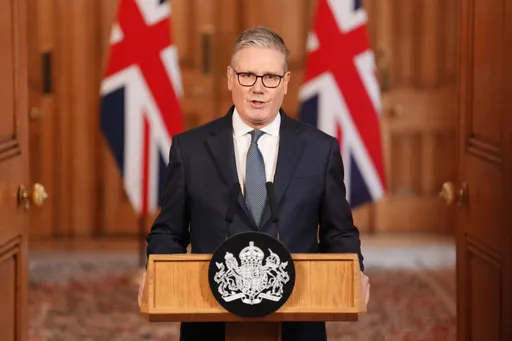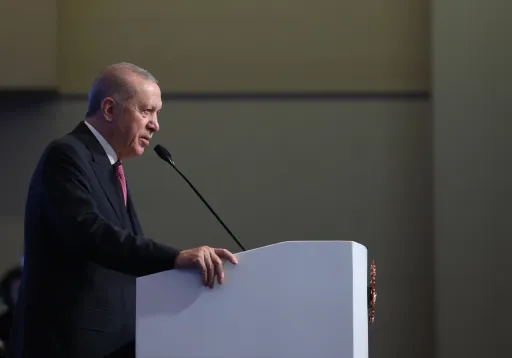From wind farms across the African coastline to geothermal projects in the East African rift valley, a new United Nations climate report has brought the continent's vast clean energy potential into the spotlight.
If realised, these renewable energy projects could blunt the harshest global heating effects, power the continent's projected economic development and lift millions out of poverty, the report said on Monday.
The UN's Intergovernmental Panel for Climate Change (IPCC) report comes at a time when Africa's renewable energy business is already booming.
Many African nations are intensifying efforts to embrace alternative renewable energy pathways and shift away from fossil fuel dependency, with countries such as Kenya, Tanzania, Morocco, Egypt, Ethiopia and South Africa taking the lead on large-scale clean energy adoption.
Yet Africa has attracted just 2 percent — $60 billion — of the $2.8 trillion invested in renewables worldwide in the last two decades and accounts for only 3 percent of the world’s current renewable energy capacity.
Limiting warming to 1.5 degrees Celsius or 2C, in line with the 2016 Paris climate agreement, will involve even greater energy system transformation, the UN report said.
Attracting investments
"Renewable energy sources are definitely an important mitigation strategy for Africa, offering its citizens decent living standards by developing infrastructure and buildings that do not require carbon-intensive solutions," according to report author and energy expert Yamina Saheb. told the Associated Press.
"The whole continent could go solar including PV (photovoltaic) and thermal solar and some countries could also go for wind."
Solar energy initiatives such as the Noor Ouarzazate complex in Morocco, Benban solar park in Egypt and South Africa's Redstone solar park have sprung up across the continent. The four nations attracted 75 percent of all the renewable energy investments flows in the region.
Africa has a world-leading capacity for even more solar power initiatives, the report said, with a solar photovoltaic potential of up to 7900 gigawatts.
Plans are also under way to explore the potential for geothermal energy in the East African rift valley system and nations dotted around the continent, such as Angola, Sudan and Zambia, are investing in wind and hydropower.
Clean energy
A transition to clean energy is also "economically attractive" in some circumstances, the IPCC report said.
The UN estimates that Africa's continued uptake of renewable energies will see the creation of more than 12 million new jobs.
Some 53 African nations have already submitted their voluntary national determined contributions under the Paris climate agreement which details energy plans and outlines targets to curb emissions.
Forty of those countries have included renewable energy targets.
Africa suffers some of the most severe effects from climate crisis, despite being the lowest greenhouse gas emitting continent with the least adaptive capacity.























